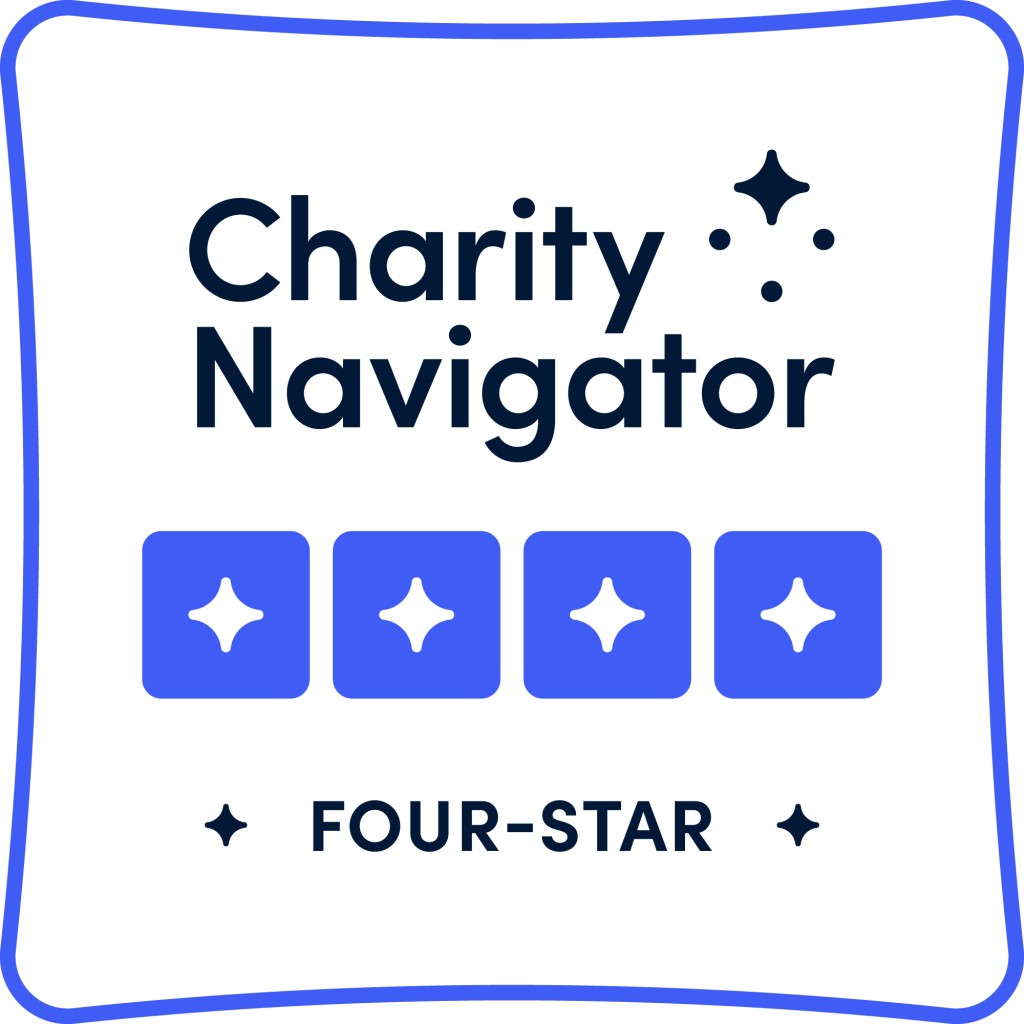Ovarian cancer is often called a “silent killer” because the symptoms tend to go unnoticed.
They may also be mistaken for other conditions, like endometriosis. There are no reliable effective screening tests that can detect ovarian cancer early. Treatment is more likely to be successful if the disease is diagnosed before it has had a chance to spread.
Medically reviewed and updated | July, 2023



